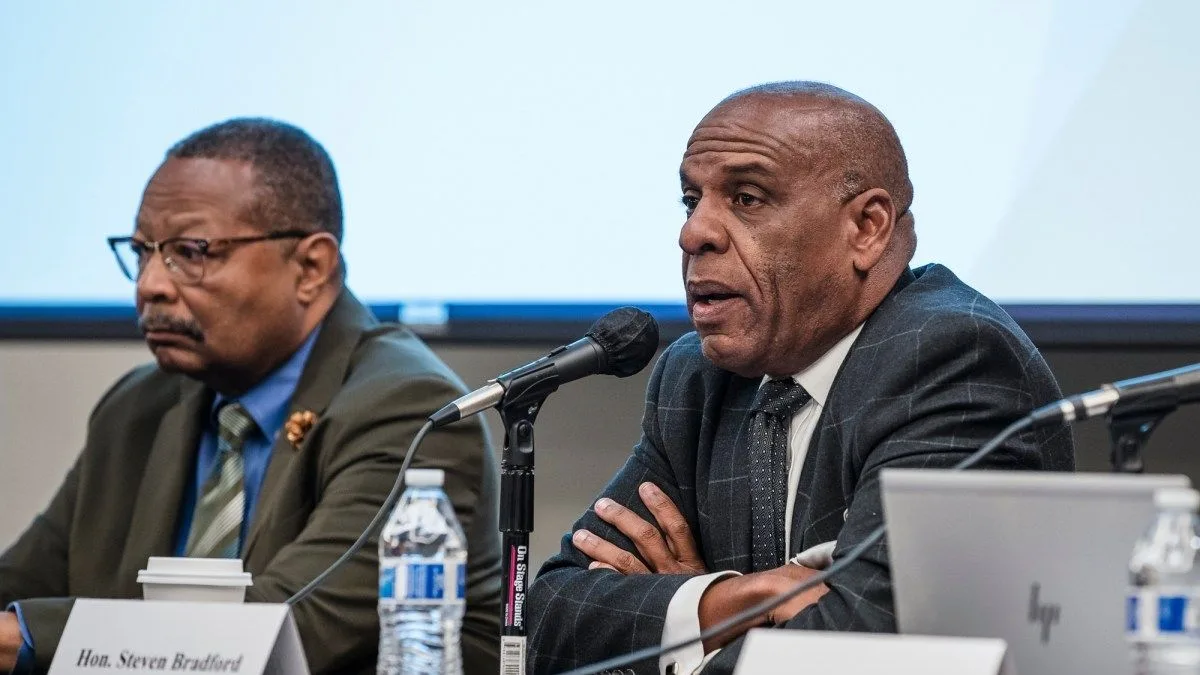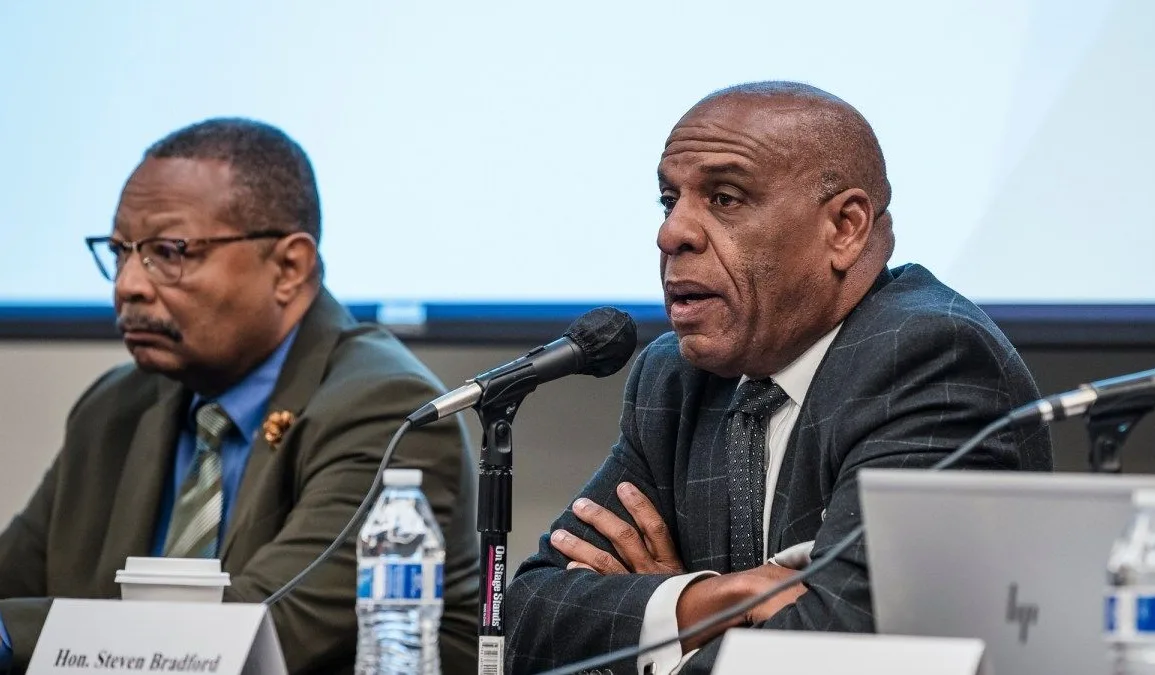
Imagine a future where the deep scars of historical injustices begin to heal, not through mere acknowledgment alone but through tangible, systemic changes aimed at righting the wrongs of the past. This is not a distant dream but a burgeoning reality, as California, led by its Legislative Black Caucus, introduces a sweeping series of 14 reparations bills. These groundbreaking efforts seek to address the multifaceted impact of slavery and systemic racism, marking a pivotal moment in the quest for racial justice and equity.
A Vision for Healing and Justice
The heart of these reparations bills lies not in financial restitution alone but in a bold, holistic approach towards addressing generational trauma and systemic inequalities. Inspired by Danny Angelo Fluker Jr.’s work, “Reparations and Wholeness: A Path to Healing Justice,” California’s legislative efforts echo a broader vision that includes the establishment of the “African-American Whole-Being Foundation.” This initiative aims to support mental, physical, and emotional health through therapeutic treatments, alternative therapies, and holistic health practices, recognizing the need for comprehensive healing among Black Americans.
Models of Global Reparations
Fluker’s vision draws on successful global reparations models, such as compensation for Holocaust survivors and Japanese Internment camp families, showcasing the potential for reparative justice to foster empathy and understanding on a global scale. By proposing a mock reparations bill focused on both financial compensation and health support, Fluker emphasizes the importance of addressing the root causes of generational trauma without burdening American taxpayers, presenting a blueprint for sustainable and impactful reparations.
Legislative Challenges and Opportunities
The journey towards reparations is fraught with challenges, notably California’s current budget deficit and the need for broad political support. Despite these hurdles, the reparations bills, detailed in reports from sources such as KQED and CBS News Sacramento, have ignited a crucial conversation about racial justice and the potential for systemic change. These legislative efforts, while not including widespread direct payments, propose significant reforms in education, civil rights, and the criminal justice system, reflecting a comprehensive approach to reparations.
As California stands on the cusp of historic change, these reparations bills represent not just a step towards rectifying past injustices but a leap towards a future where racial equity is woven into the very fabric of society. The path ahead is complex, but the promise of healing and justice for Black Americans shines brightly, illuminating the way forward.


